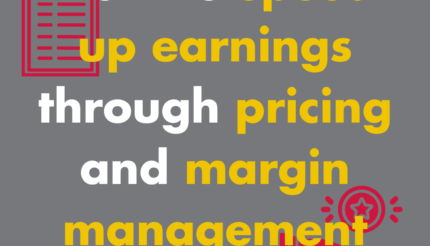5 Top Tips for planning ahead to manage your cash flow
Planning ahead is an essential component of managing your cash flow. By looking ahead and making projections, you can anticipate future expenses and revenue, prepare for any potential cash shortfalls, and make informed decisions to optimise your financial health. Here are five ways to plan ahead to understand your cash flow.
- Forecast your cash flow:
The first step in planning ahead is to forecast your cash flow. This involves estimating your expected revenue and expenses for the upcoming period and projecting your cash flow accordingly. To do this, you’ll need to have accurate records of your past revenue and expenses, and factor in any expected changes or trends that may impact your cash flow. You can use cash flow forecasting tools or spreadsheets to make projections, and review them regularly to ensure they remain accurate.
- Identify potential cash flow gaps:
Once you’ve projected your cash flow, it’s important to identify any potential gaps between your expected cash inflows and outflows. This will help you prepare for any potential cash shortfalls and take action to mitigate them. For example, you may need to cut costs or delay non-essential expenses to conserve cash, or explore financing options such as loans or lines of credit to bridge any gaps. - Plan for seasonal fluctuations:
Many businesses experience seasonal fluctuations in revenue and expenses, which can impact cash flow. Planning ahead for these fluctuations can help you manage cash flow more effectively. For example, if your business tends to experience a slow period during the summer months, you may need to adjust your spending and conserve cash during that time to prepare for the upcoming busy season.
- Set financial goals:
Setting financial goals can help you focus on your long-term financial health and guide your decision-making. For example, you may want to set a goal to reduce your expenses by a certain percentage or increase your revenue by a specific amount. By setting goals and tracking your progress, you can make informed decisions that help you achieve your financial objectives. - Monitor your progress:
Monitoring your progress is critical to ensuring that your planning efforts are effective. By tracking your actual revenue and expenses against your projections, you can identify areas where you need to adjust your plan and make informed decisions to optimise your cash flow. Regularly reviewing your financial statements and cash flow projections can help you stay on track and make adjustments as needed.
Planning ahead is critical for understanding your cash flow and managing your financial health. By forecasting your cash flow, identifying potential gaps, planning for seasonal fluctuations, setting financial goals, and monitoring your progress, you can make informed decisions that optimize your cash flow and ensure the long-term success of your business. Remember to review your plan regularly and make adjustments as needed to ensure that your financial objectives are achieved.
READ THE FULL GUIDE HERE






